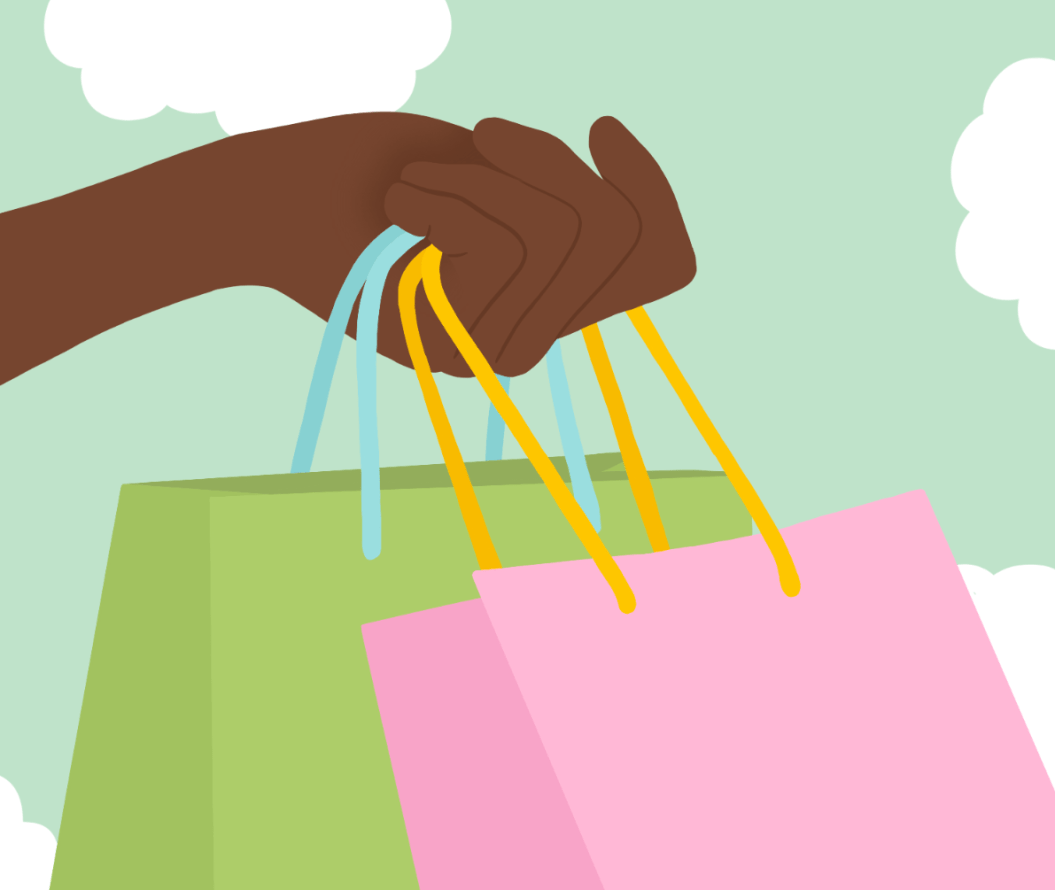Hi! I’m Abi, I'm currently studying a masters in Criminology and Criminal Justice. I like to draw animals & wildlife, play video games, and I like reading.
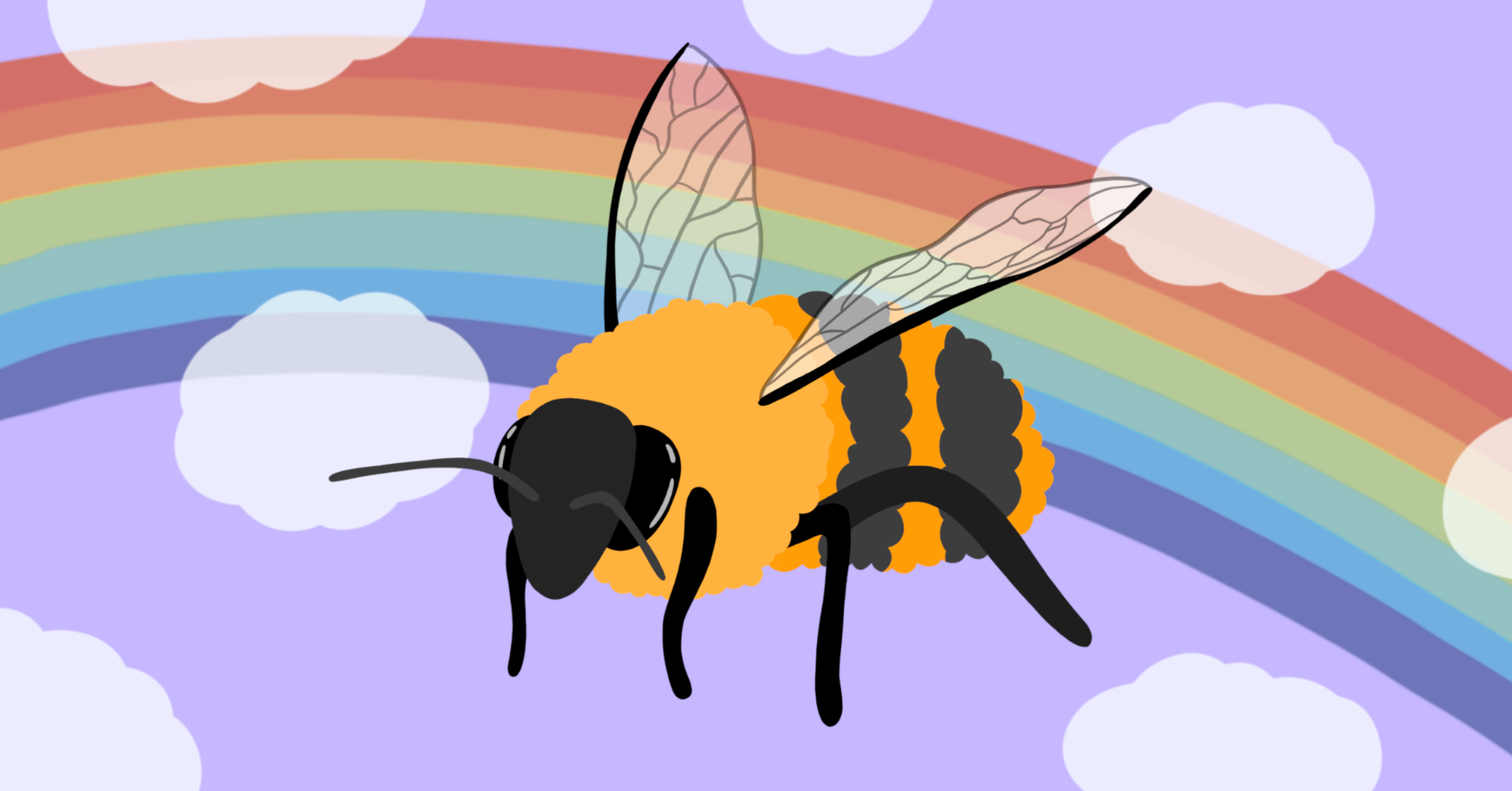
World Bee Day
Saturday the 20th of May 2023 is World Bee Day! Bees are an absolutely vital part of our ecosystem, without…
May 20, 2023,
read.
Saturday the 20th of May 2023 is World Bee Day! Bees are an absolutely vital part of our ecosystem, without them the human race would likely cease to exist. Most people know that bees are important, but do we know for what specific reasons? It’s also important to consider how we can help the bees, whether it be through what we put in our gardens or campaigning for bee safety.
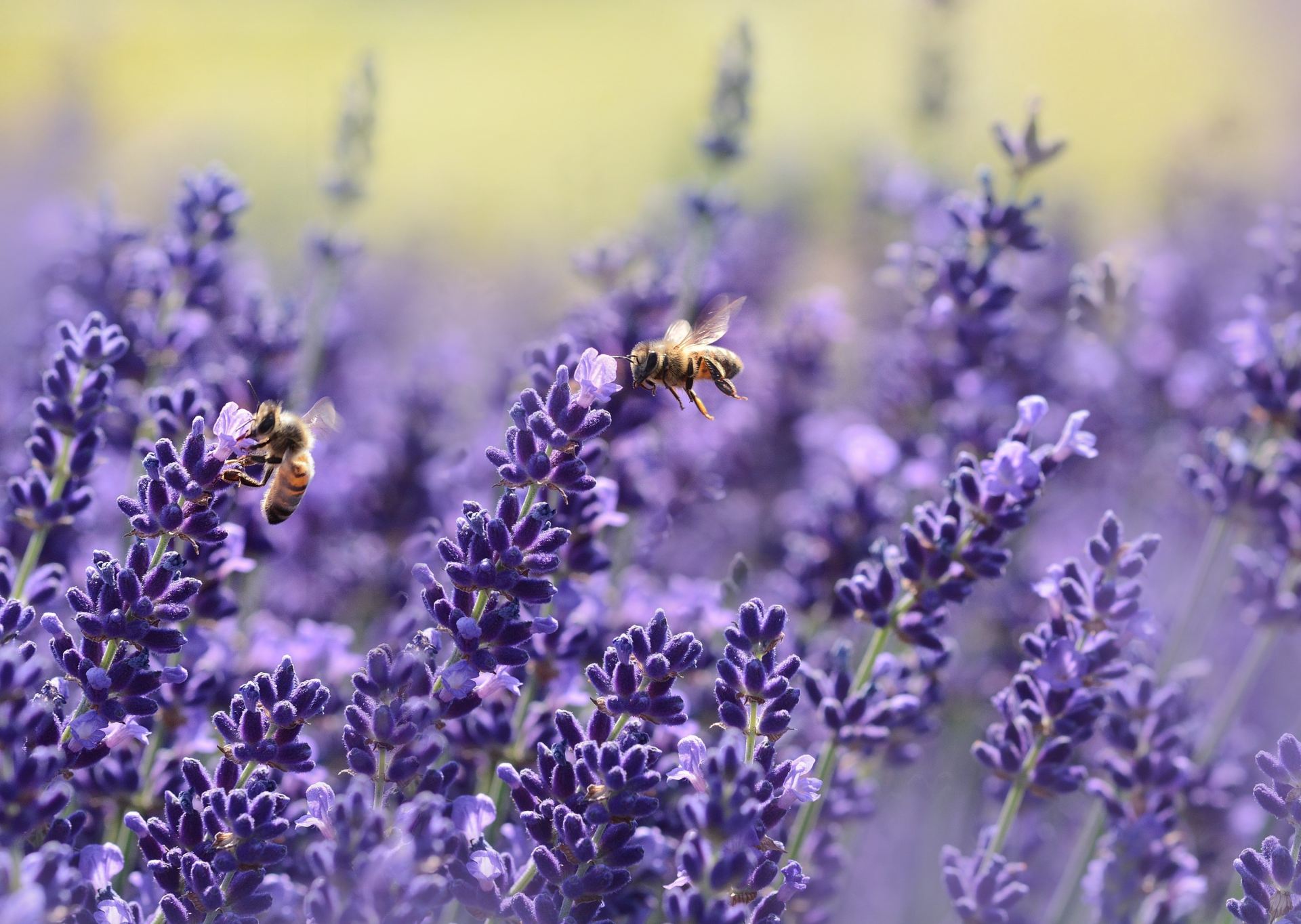
What do bees do?
One of the most important things bees do is pollinate. They collect nectar and pollen from flowers using their fuzzy little legs and bodies and they use this for nutrition, however, the pollen is also passed around from flower to flower, which is how they pollinate. Nearly 90% of all the flowering plants in the world rely on pollination in some manner, most of them rely on it wholly. Without insects like bees and butterflies, these plants would cease to exist.
Some bees also create honey, which is used in lots of types of food and drinks. Unfortunately, some companies farm honey irresponsibly and this harms the bees and can kill them. The best way to get responsibly sourced honey is by going to a local beekeeper! Eating local honey can also help to ease hayfever symptoms, whereas honey from large national companies won’t.
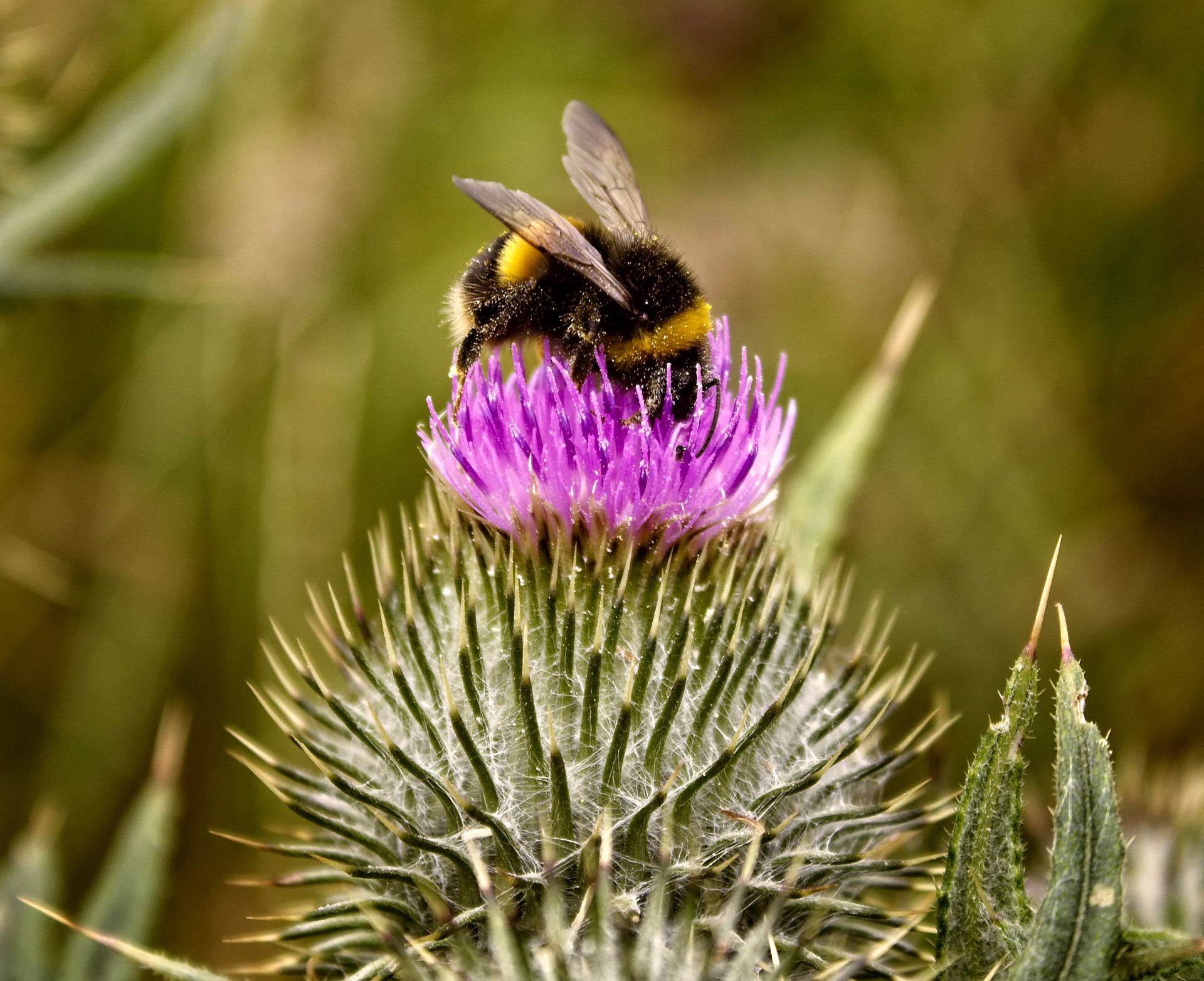
Will bees sting me?
Bees rarely sting, because if they do it can kill them. They will only sting you if they feel like you’re threatening them or their hive. Just let them float about their business and collect their pollen, and try not to get too close to them or waft at them.
Why are the bees dying?
To put it bluntly, the only reason bees are dying is because of man-made threats. Things that were created for the convenience of man have put the lives of bees and other pollinators in danger, and although there are activist groups trying to put a stop to it, governments are slow to respond. Some things that are affecting bees and other pollinators include:
- Micro-farming – Small-scale farms which use less land, typically under five acres, making bees more vulnerable to mould, parasites and infectious diseases
- Pesticides – They permeate the tissues of flowers and plants, eventually showing up in the nectar. These pesticides affect bees’ memory and ability to learn. Alongside this, if a bee comes into contact with a pesticide while foraging in a field it will die. If the bee that has been in contact with the pesticide makes it back to the hive, it can kill the entire colony
- Global warming – Many bees have a low tolerance for heat, and the rising global temperatures are putting them at risk
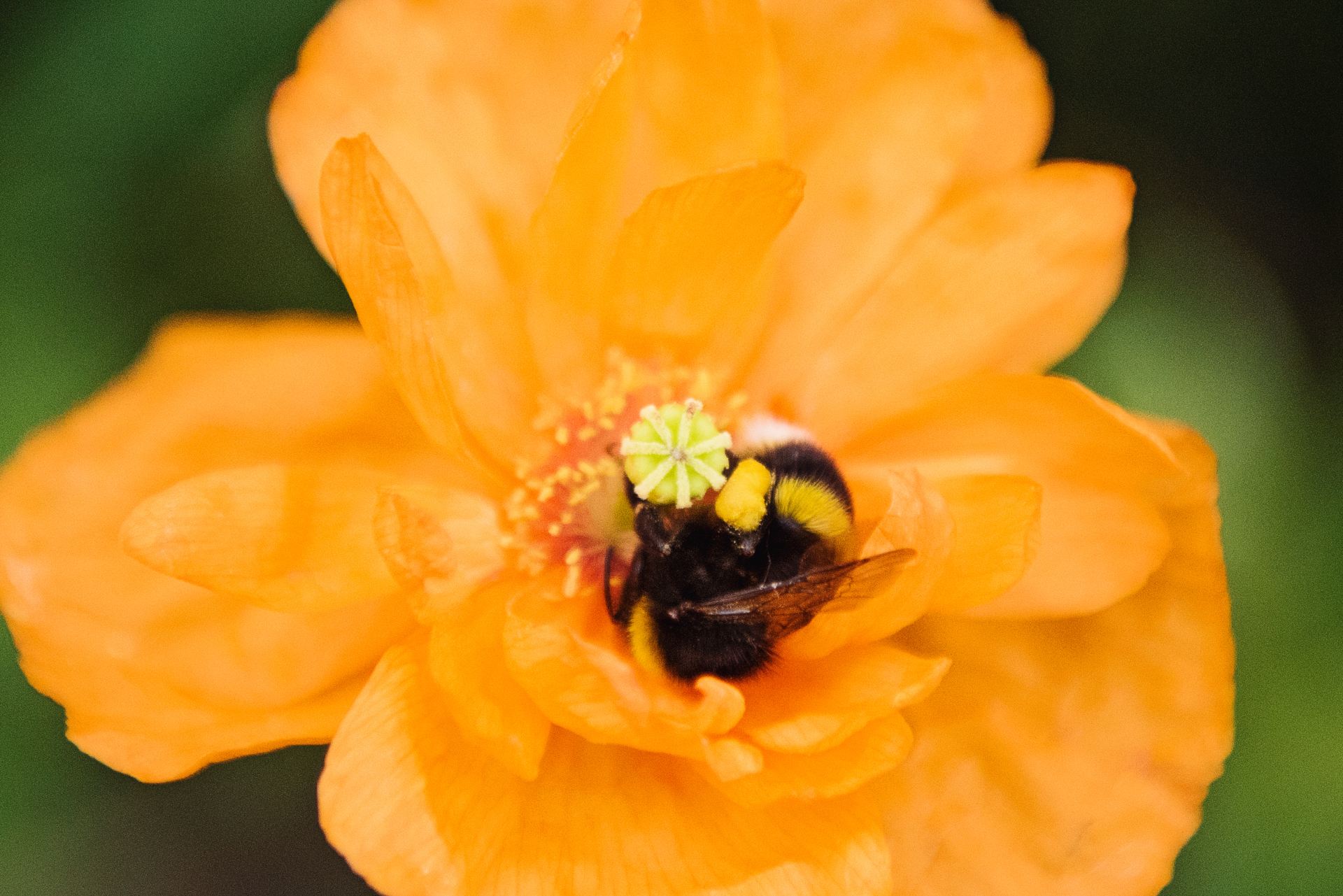
How can we help the bees?
There are many ways we, as individuals, can help the bees in our local area. Of course, much more is to be done on an institutional level, but everything we do counts. Some things we can do include:
- Having a wildflower strip in your garden – This is easy, and actually decreases the amount of effort it takes for you to maintain your garden! Keep a strip of your garden uncut during the bee seasons, and maybe even plant some wildflower bombs! Bees will love this and a large diversity of plants keeps them safe from mould and parasites
- Buying products from sustainable agricultural practices – Try to shop locally, any local farm shops or farmers’ markets are more likely to be pollinator-conscious, but there’s no harm in asking to double-check!
- Keeping an emergency bee kit on you – An emergency bee kit can be used when you find a bee in distress, it contains a small amount of sugar water that can help a dehydrated or malnourished bee
- Don’t use pesticides, fungicides or herbicides in your garden – These don’t just harm the pests and fungi, they will kill bees too, try to keep your garden natural




